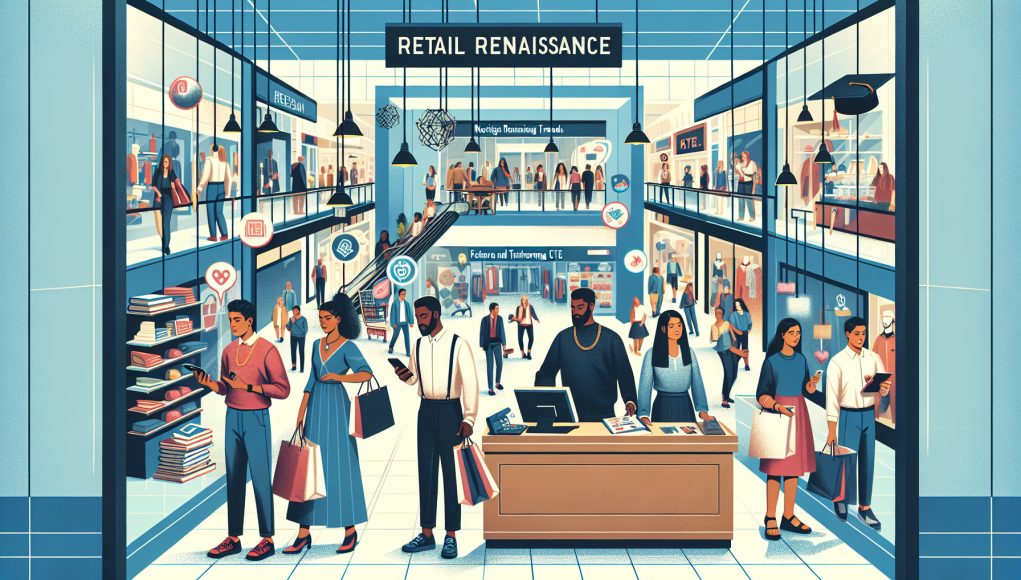As the retail landscape continues to evolve at breakneck speed, retail professionals are increasingly recognizing the importance of aligning educational curriculums with market needs. National Career and Technical Education (CTE) Month, observed in February, offers a golden opportunity to reflect on how retail education can be reimagined to not only keep pace with industry trends but also foster a growth mindset among future retail leaders.
The retail world is in the midst of a renaissance. E-commerce, experiential retail, sustainability, and data-driven decision-making are radically reshaping how we shop, work, and think about growth. In this digital-first era, where customer expectations are rapidly changing, CTE presents a critical pathway to prepare the workforce for the future. The focus is shifting from traditional skills to a more integrated approach that blends technical expertise with soft skills, creativity, and adaptability.
Understanding the Modern Retail Landscape
Todays retail professionals must navigate a complex tapestry of consumer behaviors, technological advancements, and economic challenges. The COVID-19 pandemic accelerated shifts in online shopping, leading to increased demand for professionals skilled in digital marketing, data analytics, and supply chain management. Meanwhile, physical stores are reinventing themselves as hubs of experience, driving the need for innovative thinkers who can design immersive retail environments.
In response to these trends, CTE programs are evolving to offer specialized courses that address the nuances of the modern retail environment. These programs are leveraging partnerships with industry leaders to ensure that curriculums reflect real-world demands, preparing students to seamlessly integrate into the workforce.
Aligning CTE with Market Needs
For CTE to effectively meet market needs, it must prioritize a growth mindseta concept that encourages continuous learning and resilience. Retail professionals with a growth mindset are more likely to embrace change, seek out learning opportunities, and adapt to new challenges. This attitude is crucial in a retail environment where agility and innovation are key drivers of success.
To instill a growth mindset, CTE must go beyond technical training. It should also focus on developing critical thinking, problem-solving, and emotional intelligence. Integrating real-world projects, internships, and mentorship programs into the curriculum can further bridge the gap between education and industry, providing students with practical experience and insights.
The Role of Technology in CTE
Technology plays a pivotal role in shaping the future of retail education. Virtual reality simulations, online learning platforms, and artificial intelligence-driven analytics are transforming how students learn and how educators teach. These tools offer dynamic and interactive experiences that can enhance understanding and retention of complex retail concepts.
Moreover, technology enables CTE programs to remain agile and responsive. By continuously updating curriculums with the latest technological advancements, educators can ensure that students are equipped with the skills needed to thrive in a digital economy.
Looking Ahead: Embracing a Growth Mindset
As we celebrate National Career and Technical Education Month, retail professionals are encouraged to embrace a growth mindset as a core component of their professional development. By aligning CTE programs with market needs, the retail industry can build a robust pipeline of talent ready to tackle the challenges and opportunities of tomorrow.
This commitment to innovation and adaptability will not only prepare individuals for successful careers but also drive the industry forward. As we look to the future, let us remain committed to a vision of retail that is inclusive, dynamic, and ever-evolving. Together, we can shape a retail landscape that thrives on growth and resilience, paving the way for the next generation of retail trailblazers.




























